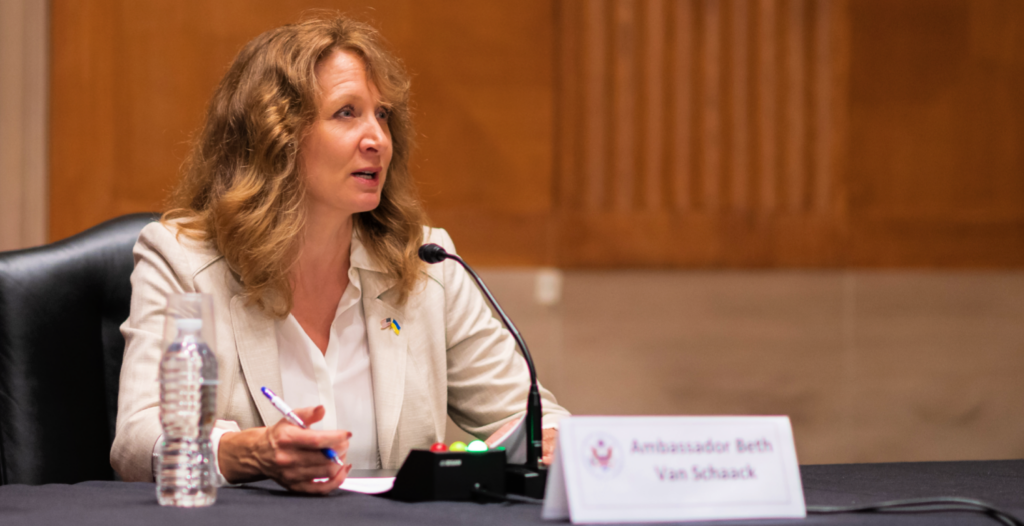WASHINGTON – Congressman Alcee L. Hastings (D-FL), Chairman of the Commission on Security and Cooperation in Europe (U.S. Helsinki Commission) and Co-Chairman Senator Benjamin L. Cardin (D-MD), welcomed Tuesday’s decision of the European Court of Human Rights in a school desegregation case brought by 18 Romani children in the Czech Republic. Chairman Hastings praised the outcome of the case, observing that, “Europe’s highest court has held that channeling Romani children into so-called ‘special schools’ constitutes, in fact, a form of pernicious race discrimination. This decision should compel governments throughout the region to accelerate their efforts to end de facto segregation and ensure that there is equality of opportunity for all children in the field of education.”
The European Court of Human Rights hears cases arising under the European Convention on Human Rights, a legally binding treaty adopted by the Council of Europe’s 47 member states. All 47 member states are also participating States in the Organization for Security and Cooperation in Europe (OSCE).
Co-Chairman Cardin stated, “This case originates in the Czech Republic, but the sad fact is that artificial barriers have been created in numerous OSCE participating States that impede access to education for Romani children. In some places, Romani efforts to go to school are met with open hostility. For example, arsonists burned down a Romani school in Greece in April, and at the beginning of this academic year, 29 Romani pupils in Csorog, Hungary, were left without a school when their own school closed and neighboring jurisdictions refused to enroll them.”
Chairman Hastings continued, “Every OSCE participating State with a significant Romani minority claims that improving Romani participation in education is a government priority. But too often, government practices don’t match up with that stated policy. I hope the European Court’s decision will spur governments to take a long hard look at whether their actions live up to their stated goals, and take the necessary steps to ensure that Roma have equal access to all levels of education.”
On November 15, Slovakia’s Amnesty International will unveil a report entitled, “Still Separate, Still Unequal: Violations of the Right to Education for Romani Children in Slovakia.” The report will highlight the grave disparity and discrimination in the education of Romani children. More specifically, the report stresses the fact that a significant number of Romani children are still being placed in special schools and classes for children with mental disabilities and learning difficulties, or segregated in Roma-only schools.




